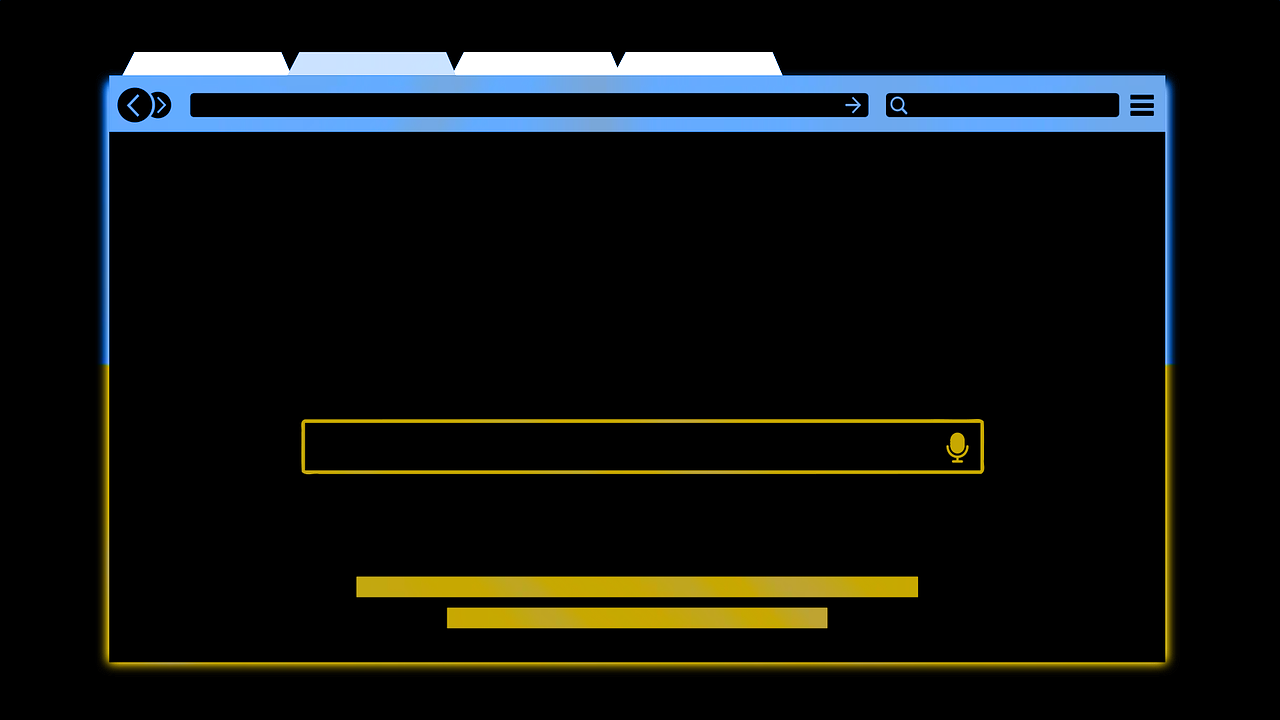Navigating the information warzone around Ukraine
Crises are hotbeds of misinformation and propaganda. Here’s a handful of resources to help steer you toward solid information.
Hey, everyone, Jared and Sam here. We were bouncing ideas back and forth for this week’s newsletter and then all hell broke loose in Ukraine, where Russian military forces are conducting the invasion that many feared, but few thought would happen with the severity we’re seeing so far.
Instead of our usual content, this week’s newsletter is a collection of resources that (as far as we can tell) provide reputable and credible information about the situation in Ukraine. Crisis environments are ripe for bad information and even worse political spin.
This list is not meant to be all-inclusive, but rather a starting point. With that in mind, here’s what we’re looking at:
Information
Bellingcat: An outlet that has received international acclaim for its open-source investigations. They even have a running page where they’re documenting and fact-checking alleged frontlines footage from Ukraine.
The Kyiv Independent: Ukraine’s premiere independent English-language news outlet.
Kyiv Post: Another English-language news outlet in Ukraine. This is the country’s oldest English-language source.
DFRLab’s Russian hybrid threat reports: This page has a running list of updates about developments in Russia and Ukraine as it relates to open-source intelligence and social media disorder. This comes from the team at Jared’s day job, which has been working tirelessly to verify and scrutinize information floating around online.
Jane Lytvynenko of Harvard’s Shorenstein Center: Jane’s work as a breaking news reporter at BuzzFeed and her facility in multiple languages has made her one of the quickest and most accurate debunkers on Twitter. Her account is both a good follow generally and a good resource if you’re not sure whether what you’re seeing is accurate or not. She has even curated a list of sources that she trusts on Twitter to help others find solid starting points.
Meduza: Reliable English-language news from and written by reporters in the former Soviet bloc. Investigations, opinion, breaking news, etc.—everything you’d expect from a newspaper. Their liveblog of the invasion of Ukraine is here.
BBC’s Reality Check: A fact-checking initiative from the BBC (based in the UK, of course). This morning, they published a fantastic breakdown of misleading and false images purporting to be from the invasion in Ukraine.
Government accounts
RFE/RL: Radio Free Europe/Radio Liberty is technically a private nonprofit group reporting from and on 23 countries with especially poor press freedom. But it is overseen by the US Agency for Global Media, which handles all of the American government’s external comms overseas (such as AFRTS, if you’re familiar with life on Army bases). Bearing in mind those caveats, its writers have a lot of facility with the various players in the upper echelons of the post-Soviet economy and it’s often useful if you need a quick sketch of this or that oligarch.
The Cabinet of Ministers of Ukraine’s official website: The best source on what the Ukrainian government is saying, since it is, you know, their website.
US State Department press release page: There are ever present reasons to be skeptical of the U.S. government and to seek more information that would back up what it claims. But a lot of the diplomatic messaging here will be coming from the State Department. It’s worth following along to get a sense of where they’re at.
White House press release page: For many of the same reasons we’re including the State Department’s list of statements, we’re also including the White House.
NATO press release page: The North Atlantic Treaty Organization will likely be the guidestone for what, if any, decisions are made in response to Russia’s invasion of Ukraine. This will give a good sense of where international militaries and governments are at.
Quick note: You absolutely *can* visit the en.kremlin.ru site if you want to; when Sam covered infosec he got very paranoid so he tends to steer clear of anything that will transmit data from a computer run by the Russian government to his computer. So caveat emptor. But if you’re not worried about that, there’s lots of footage of Putin and good English translations there.
Additional Resources
Via Jane (mentioned above), here’s a list of ways to directly provide aid to Ukrainians in need.
Generally good advice:
Mike Caulfield from the University of Washington’s Center for an Informed Public shared this handy way of remembering best practices in a chaotic information environment. SIFT: Stop, investigate the source, find better coverage, and trace claims to their original contexts. If you click through the tweet embedded here you’ll find a thread that goes into more detail.


Unrelated stuff to decompress
Jared: I’m really in a nu-funk and soul-pop music phase right now. I’ve been listening to tracks like “The Heartburn Song” by Lawrence. It is practically impossible to feel anything but good vibes if you allow yourself to get lost in this genre. Unadulterated good vibes. Another recent favorite: “Hypotheticals” by Lake Street Dive.
Sam: Nice. I just finished Mordew by Alex Pheby, one of the best fantasy novels I’ve read in years, and I plan on reading Marlon James’s Black Leopard, Red Wolf next. Also a metric ton of comics, which are constant background noise for me. At the moment I like W. Maxwell Prince and Martín Morrazzo’s Ice Cream Man and Mark Russell and Steve Lieber’s One-Star Squadron. And I’m listening to Anaïs Mitchell’s Hadestown and various twenty one pilots songs over and over. Also Steely Dan. Don’t judge me.





